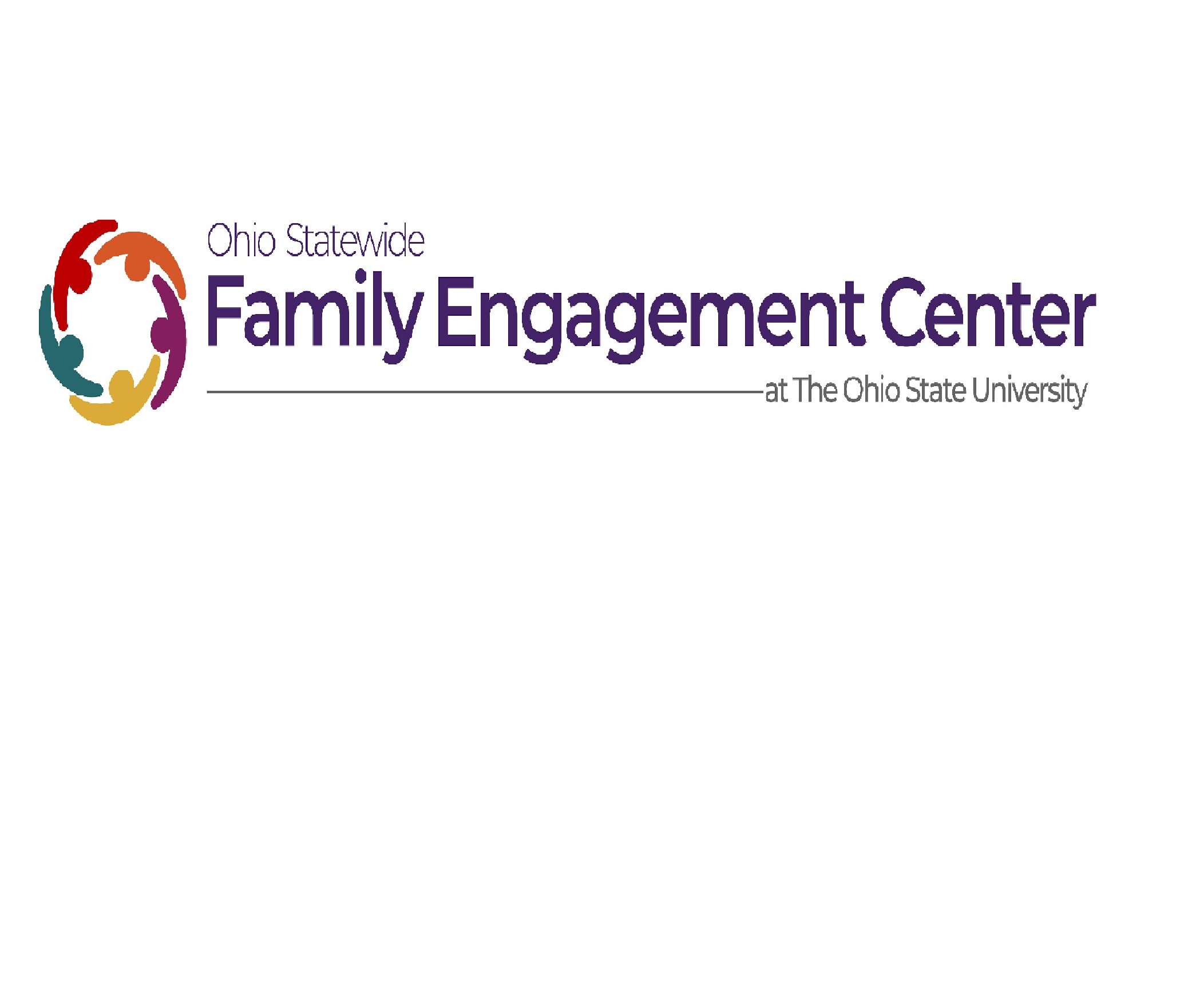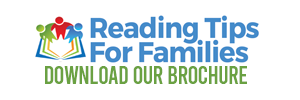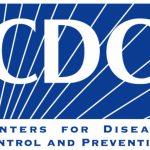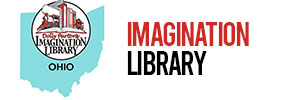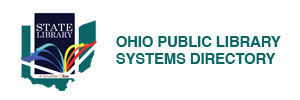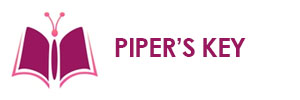In this tab you can find activities, games, stories, and resources to engage your children according to different age levels. These resources can help your child get excited about reading and learning to read.
These activities are targeted for ages 3-5.

Supporting Your Child’s Literacy Development at Home
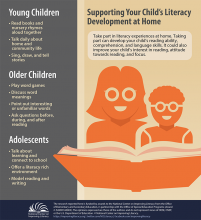
Take part in literacy experiences at home. Taking part can develop your child’s reading ability, comprehension, and language skills. It could also improve your child’s interest in reading, attitude towards reading, and focus.
Learn More
How to Make Summer Reading Effective
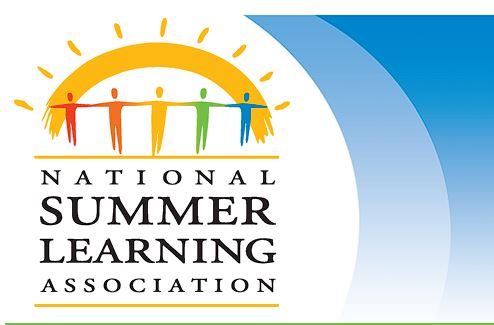
We know learning never stops, and reading is a wonderful way for your family to continue to learn and have fun during summer break. Our staff loves reading individually and with our families. Did you know that reading with your children over the summer can help them prevent losing their reading skills? One study from Harvard found that reading with a parent or caregiver, especially reading aloud and talking about comprehension strategies, was particularly effective.
Drawing and Writing
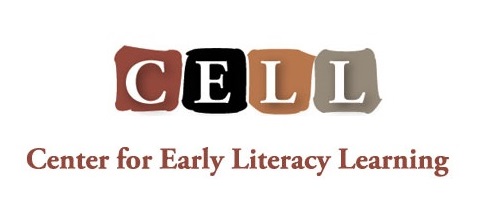
These practices show you how simple activities can encourage your preschooler to scribble, draw, and write letter shapes.
Write Right (Spanish)
Delighting in Writing
Mail Call
Rhymes and Sound Awareness

These practices encourage your toddler to play with words and to notice different sounds.
Toddler Fingerplays and Action Rhymes
Movin’ and Groovin’ Nursery Rhymes
Toddler Rhymes and Rhythm
Fingerplays All the Way
Sound Play
Fun and Games with Sounds (Spanish)
Storytelling and Listening

These practices show you how books can help your toddler to listen, talk, and be a part of storytelling and book reading.
I Wanna Be a Storyteller
Looking at Books Together
Let Me Tell the Story
A Book By Its Cover
Un libro por su tapa – A Book By Its Cover (Spanish)
Reading and Storytelling

These practices show you how books can help your preschooler to listen, talk, and be a part of storytelling and book reading.
Let’s Read Together
Read It Again!
Read With Me
Book Is the WordLeamos juntos – Read With Me (Spanish)
La palabra es…libro – Book Is the Word (Spanish)
2023 & 2024 Eclipse Series
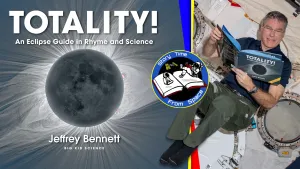
Find everything you need for the greatest show in the solar system!
Explore the fascinating astrophysics of eclipses with astronaut Steve Bowen. Ever wonder why we don’t have an eclipse every month? What are the odds that the Moon perfectly covers the sun? Astrophysics is even more fascinating than fiction!
We are excited to offer two age-appropriate book readings and one on-orbit science demonstration that will excite you and your students for the 2023 and 2024 eclipses!
Letters and Spelling

These practices from Center for Early Literacy Learning (CELL) help your preschooler learn about sounds and letters of the alphabet.
Symbols and Letters

These practices from Center for Early Literacy Learning (CELL) will help your toddler learn that letters have their own names and sounds.
Letters and Symbols Are Everywhere
Magic of Catalogs and Magazines
What’s Your Letter? (Spanish Version)
Preschooler Practice Guides for Parents

Literacy Learning Experiences – These practices show you how everyday home and community activities encourage preschoolers to listen, talk, and learn the building blocks for early literacy.
Adventure in a Box Wired To Read Word Wise
Download Spanish Version
Toddler Practice Guides for Parents

Literacy Learning Experiences – These practices show you how everyday home and community activities encourage toddlers to listen, talk, and learn the building blocks for early literacy.
Books and Crayons of One’s Own Act Natural
Download Spanish version
Helping Your Kid With . . . Building Vocabulary and Comprehension With Read-Alouds
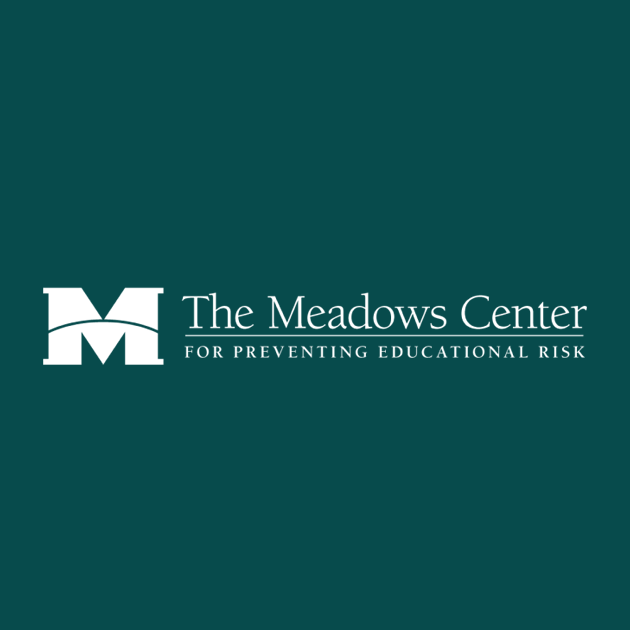
Most of you read books with your kids. This video shows you how to use book read-alouds to build vocabulary and learning. Choose a book, predict what the book is about, talk about vocabulary, and enjoy your reading time! Hosted by Letti Grimaldo and Shannon Giroir.
We Can Learn English in Every Subject
When we are learning a language, we do not segment academic and language information separately in our brains. Instead, we use our knowledge as an integral system to communicate with others and learn new content. In this set of activities, parents can find ways to help their children practice English and home languages while learning academic content.
Parents/caregivers: When you click on each grade level, a 5-page pdf document will download. You are free to practice as many activities as you can during 5 weeks. For each week, you will have 7 options to choose from: Daily Care Routines, Homework Routines, Mealtime Routines, Play and Leisure Routines, Outside Routines, Walking/Driving/Bus Routines and Anytime!
Teachers: Each set of activities has been developed to help you create opportunities for parent engagement beyond the classroom walls. These activities are thought to support multilingual children’s language and literacy development at home. Each set would be based on content from the All Ohio Literacy Learning Modules-Multilingual Series.
Click on the language to display the grade levels PreK, K-2 and K-5 and download a set of activities in English, Arabic, Somali, Chinese, Spanish or Japanese.
Multitiered System of Supports for English Learners

Project ELITE developed a bookmark that presents a routine for parents to use with their children, based on the PK–3 read-aloud system. The parent and family guide is similar to the steps designed for teacher-led text reading but is modified for a simple and fun way to support literacy and family bonding through book reading. The bookmark guides parents in teaching children new vocabulary words and interacting with children during reading time to support language and comprehension development. The bookmark and training presentation are available in both English and Spanish.
Dyslexia Communication Tools for Schools
Dyslexia Resource Guide for Ohio Families
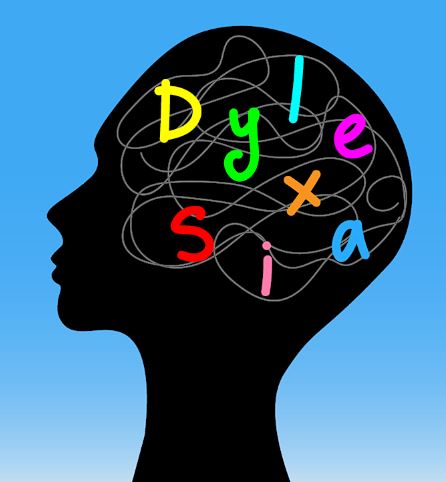
What is dyslexia?
Dyslexia is one of the most common learning disabilities. People with dyslexia have many strengths, but have unexpected trouble learning to read. These difficulties are not related to a person’s intelligence or motivation. Children with dyslexia can learn to read. Families, early childhood teachers, or kindergarten teachers are often the first to notice children having difficulty with talking or learning at school. It is important to pay attention to potential signs that a child may have dyslexia. Children with dyslexia can show any mix of signs. While any one sign does not necessarily mean your child has dyslexia, it is important to talk with your child’s teachers if you have concerns.
Unite for Literacy
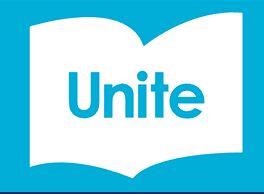
At Unite for Literacy, we picture a world where all children have access to an abundance of books that celebrate their languages and cultures and cultivate a lifelong love of reading.
Unite for Literacy has developed the platform, publishing tools, and systems-based strategies that support our public and private sector partners to change the literacy landscape of their communities and optimize the future for all their young children. Our projects build home libraries and support families to develop a daily habit of reading, both of which are key factors in growing lifelong readers.
To accomplish our vision, the Unite for Literacy team brings together expertise from the fields of literacy education, business innovation, strategic planning, and early childhood development. Team members include;
Sesame Workshop Games and Storybooks
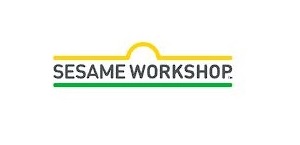
Explore our Games and Storybooks. Help incorporate playful learning into your child’s early education through different kinds of games, storybooks, and interactives that will keep them curious, confident, and excited to explore more.
Read Aloud Resources
ALL Ohio (Advancing Literacy Learning in Ohio) is a compilation of high-quality professional learning resources for Ohio’s P20 education system. ALL Ohio serves as a tool to strengthen educators’ knowledge and skills in evidence-based language and literacy practices grounded in the science of reading.
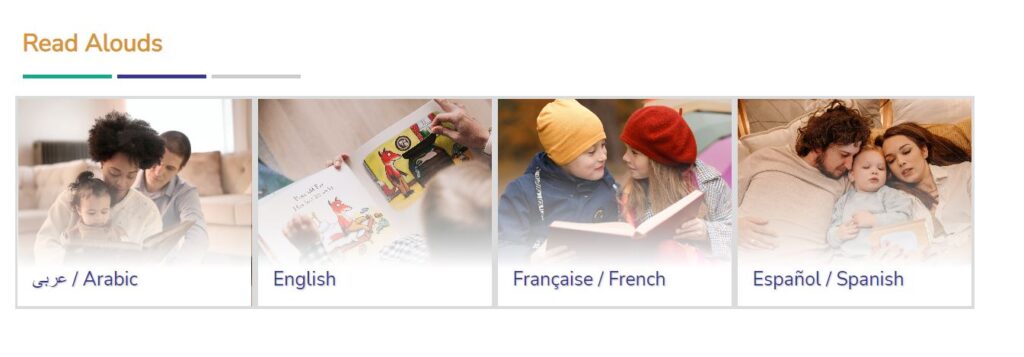
Family Engagement Activities
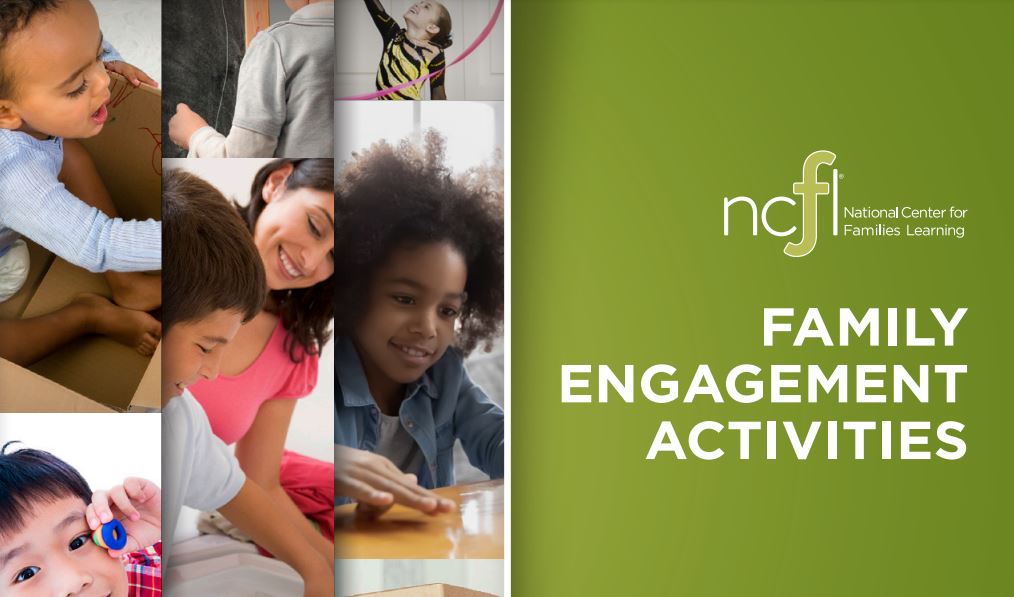
Animal Walks are simple and fun exercises that invite children to use their imagination to
move their bodies to copy animals. They are an easy way to get a quick dose of gross motor
play into your child’s day. These tasks get kids moving and active and allow them to release
energy. Many of these movements develop core strength, balance, and agility which are
wonderful for helping children control their sensory needs. Gross motor skills are a big part
of children’s healthy development at all ages.
Sing, Talk, Read, Write, Play: Building Early Literacy Skills

There are a number of things parents and caregivers can do to support the development of their child’s early literacy skills. Among them are five simple practices: singing, talking, reading, writing and playing. Promoted by the Every Child Ready to Read initiative, I love these practices for two reasons: they’re doable for parents and caregivers and they can be adapted to suit a child’s individual learning needs. Read on to discover some specific ways to include children of all abilities in these early literacy skill building practices!
Back To School

Fall is on its way, and it’s time for the school year to begin — and not just for kids, but for parents and teachers, too. Parents can help their young children become acclimated to the newness of school and ease their older kids back into familiar school-day routines. If you’re a teacher — whether a novice or an old pro — Reading Rockets has ideas and resources to help you get ready for the best school year yet.
Why is it important to read over the summer?
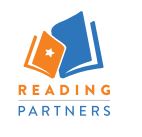
- Research shows that students can maintain or improve reading skills when they are out of school for the summer.
- Access to books over the summer increases reading opportunities and enjoyment of books, and helps students be ready for next school year.
- Students who read at least five books during the summer can maintain important literacy skills.
Ohio’s Dyslexia Guidebook
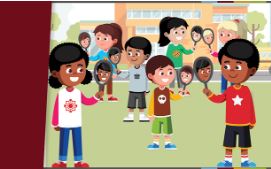
Ohio’s Dyslexia Guidebook is available now. As required by Ohio law, Ohio’s Dyslexia Guidebook contains best practices and methods for universal screening, intervention and remediation for children with dyslexia or children displaying dyslexic characteristics and tendencies. Districts and schools should use the guidebook to access critical information for successful implementation of Ohio’s dyslexia support laws.
The ABC’s of Teaching Reading at Home

What we know about beginning readers
Children progress as readers at different rates, but they pass through predictable stages of development. For typically-developing readers, the stages of reading can be mapped onto grade levels, but as a homeschool teacher you have the advantage of being able to provide the instruction your children need, regardless of their grade.
Resources for Families

At Reading Partners we know the learning doesn’t begin and end in the classroom. Research shows that family involvement is the number one predictor of early literacy success and future academic achievement. We encourage family members to read at home with their kids every day and stay involved in their children’s educational experience.
We want parents, guardians, and other relatives caring for children to become the best reading partners for their kids. Here are some resources to stay educated and informed about early literacy.
Where to Find Free Audiobooks and Digital Text-to-Speech Books for Your Child
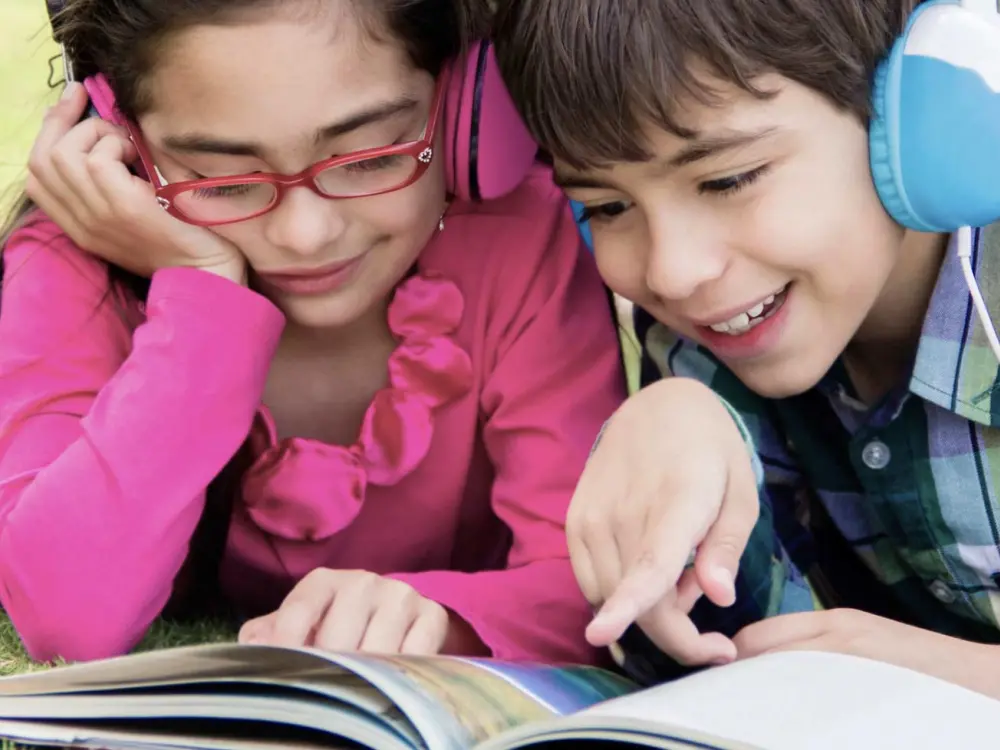
At a Glance
- Audiobooks and digital text-to-speech books can be a good way to help kids with reading issues.
- You can get these books for free from libraries, schools, and online sources like Bookshare.
- Talk to your school and local library about what’s available for your child.
Soar Into Summer Reading!
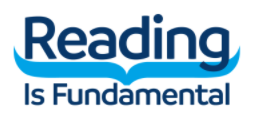
Summer is the perfect time for children to relax, read, and get swept away to places near and far. Together, we can combat the summer reading slide and keep our nation’s children reading and thriving. RIF offers a variety of resources and activities to engage young readers all summer long.
Interactive read alouds: tips for parents and caregivers for enriching reading experiences at home

What are interactive read alouds?
Research suggests the most effective read alouds happen when children ask and answer questions about the text, instead of just listening to the story—this is what’s called an Interactive Read Aloud (IRA). According to McGee and Schickedanzk (2007), the kind of talk that occurs is important too, and analytic talk is the most effective kind during an IRA. Two examples of analytic talk are predictions and inferences.
9 ways to build phonological awareness in pre-K and kindergarten
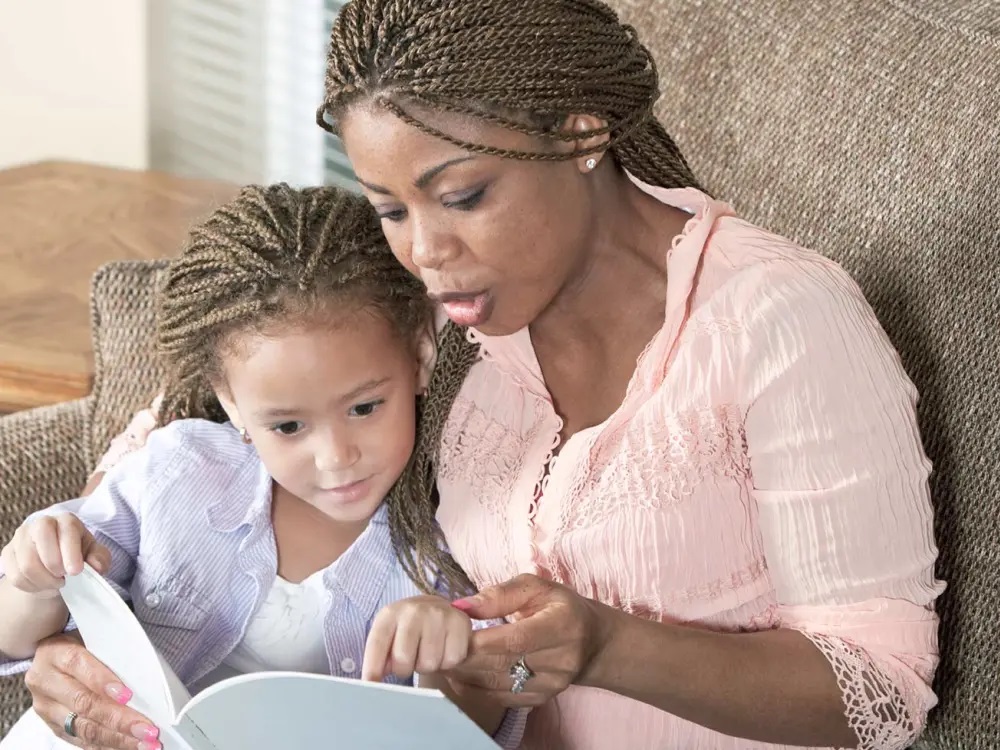
There are a few ways kids in pre-K and kindergarten can get ready to read. One way is by noticing and playing with the words, rhymes, and syllables they hear in everyday speech. This called phonological awareness .
Kids also start to tune in to the individual sounds or phonemes in words. This is called phonemic awareness. The more you can build on these early “pre-reading” skills, the more prepared your child will be for the challenge of learning to read.
Promoting Literacy

with dinnertime storytelling, family conversation, and books about food. Regular family dinner may be a more powerful vocabulary-builder for young kids than reading.
Unite for Literacy

Unite for Literacy projects build home libraries and support families to develop a daily habit of reading, both of which are key factors in growing lifelong readers. Read together and listen to books of your choice in a variety of languages.
How Parents Can Instill Reading
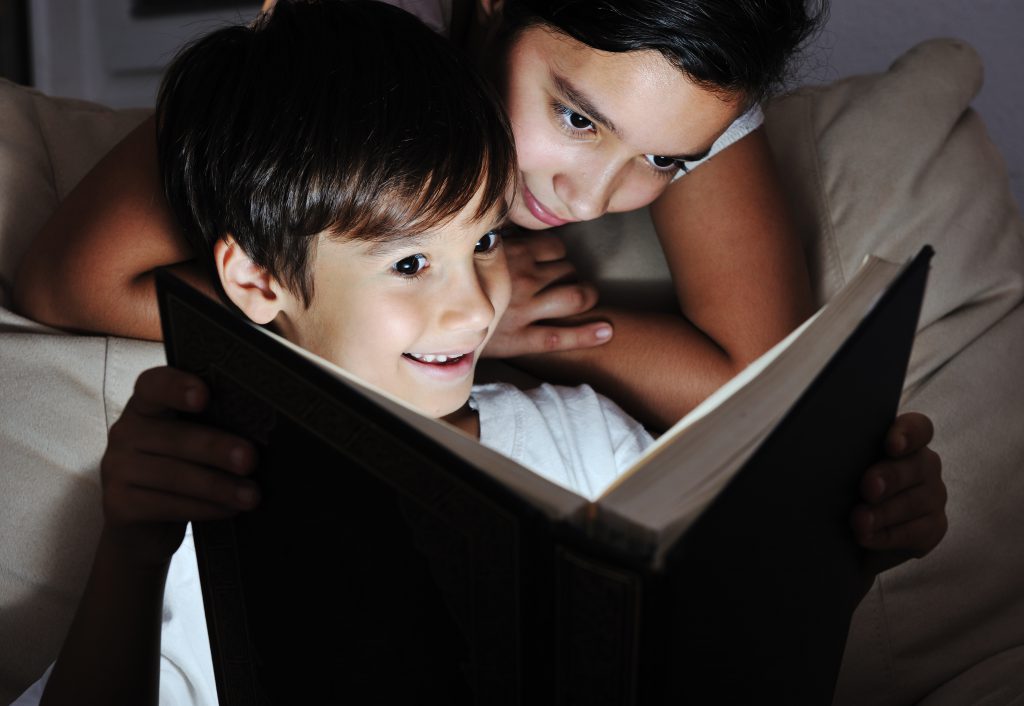
How Parents Can Instill Reading. Parents often ask how they can help their children learn to read; and it’s no wonder that they’re interested in this essential skill. Reading plays an important role in later school success. Parents often ask how they can help their children learn to read; and it’s no wonder that they’re interested in this essential skill. Reading plays an important role in later school success.
The Million Word Gap
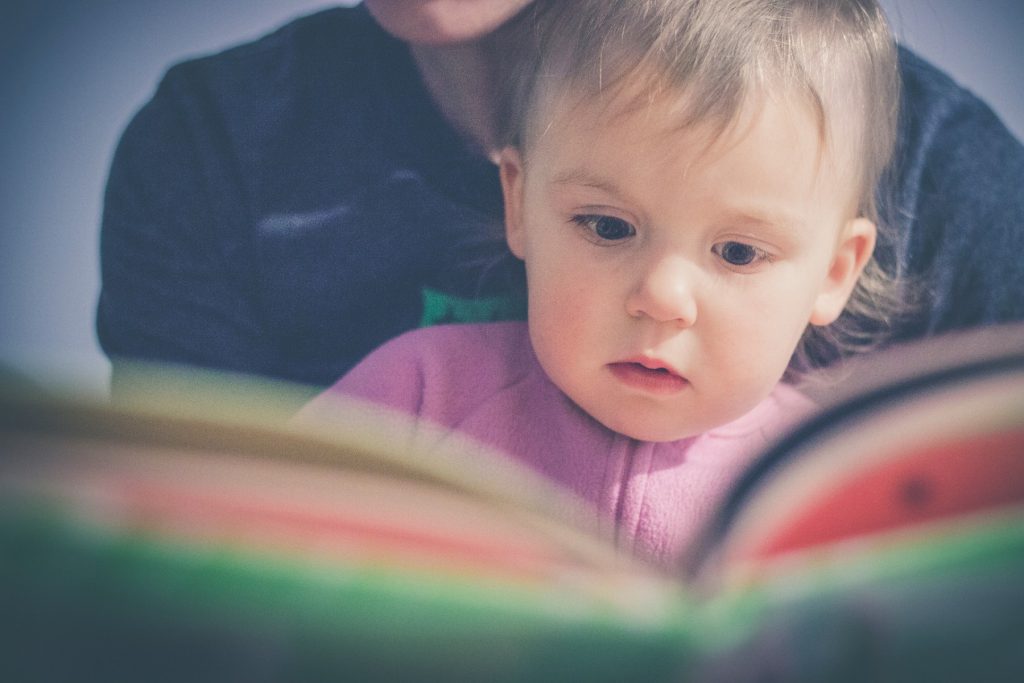
The Million Word Gap– That’s how many fewer words some children may hear by kindergarten. Young children whose parents read them five books a day enter kindergarten having heard about 1.4 million more words than kids who were never read to.
Activities- Helping Your Child Become a Reader- Children Ages 3-6
As a parent, you can help your child want to learn in a way no one else can. That desire to learn is a key to your child’s later success. Enjoyment is important! So, if you and your child don’t enjoy one activity, move on to another. You can always return to any activity later on.
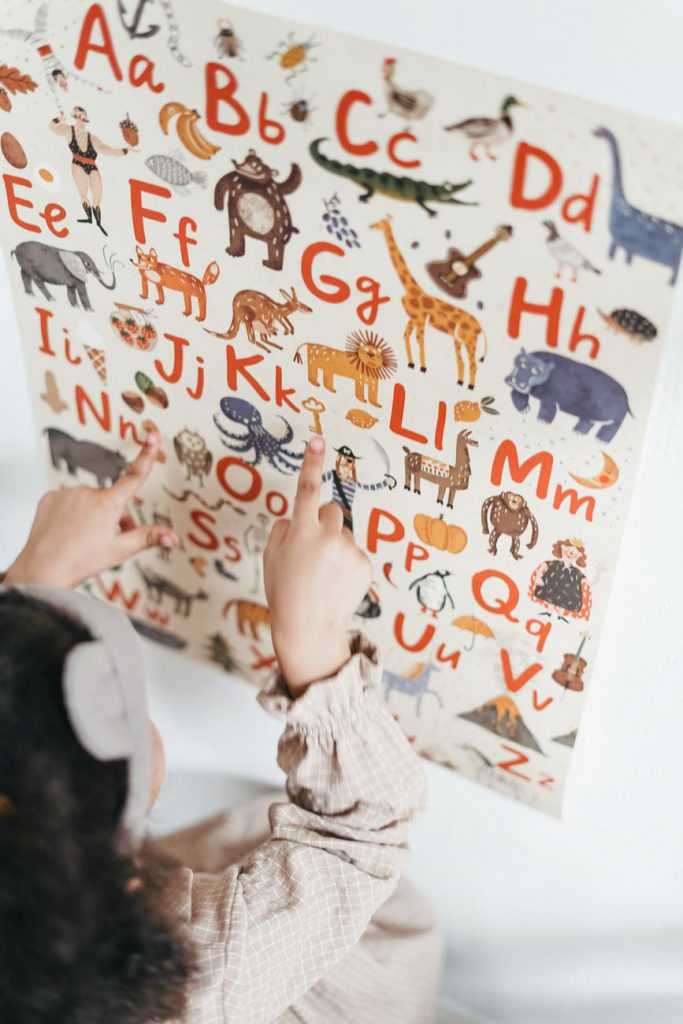
Helping Your Child Become a Reader
Some ideas you will find here.
- Chatting with Children-For children ages 1-6
- As Simple As ABC- For children ages 2-6
- What Happens Next- For children ages 2-6
- A Home for My Books- For children ages 2-6
- A Picture’s Worth a Thousand Words – For children ages 3-6
- Rhyme with Me: It’s Fun, You’ll See!- For children ages 3-6
- Match My Sounds- For children ages 3-6
- Take A Bowl- For children ages 3-6
- Family Stories-For children ages 3-6
- Write On!- For children ages 3-6
Ohio’s BOLD Beginning!

Early literacy is what kids know about reading and writing before they can actually read or write. You are your child’s first teacher and preparing them to read can be easy and fun – whether you’re at home or on the go.
Five of the best ways to prepare your child to read are talking, singing, reading, writing and playing. It’s never too early or too late to get started!
Centers for Disease Control and Prevention (CDC) Milestones

Skills such as taking a first step, smiling for the first time, and waving “bye bye” are called developmental milestones. Children reach milestones in how they play, learn, speak, act, and move (crawling, walking, etc.)
CDC Developmental Milestones
Some ideas you will find here.
How to Grow a Reader

That magical breakthrough moment — when your child shows an interest in letters, and begins to make out words on a page or in the world itself — happens at different ages for different children, even within the same family. Most parents describe a long period in which a child can’t keep letters straight or identify words, then a quick burst of comprehension, followed by more regular, but still sudden leaps. It really can seem like magic — so don’t rush it.
How to Grow a Reader (This article is located after “How to Raise a Reader”)
A Child Becomes a Reader: Proven Ideas from Research for Parents Birth through Preschool
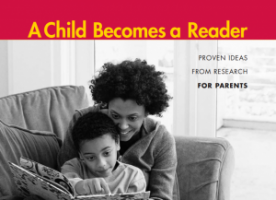
Mothers, fathers, grandparents, and caregivers, this booklet is for you. It gives ideas for playing, talking, and reading with your child that will help him* become a good reader and writer later in life.
A Child Becomes a Reader for Parents Birth through Preschool (Pages 11-16)
Talk, Read, and Sing Together Every Day!
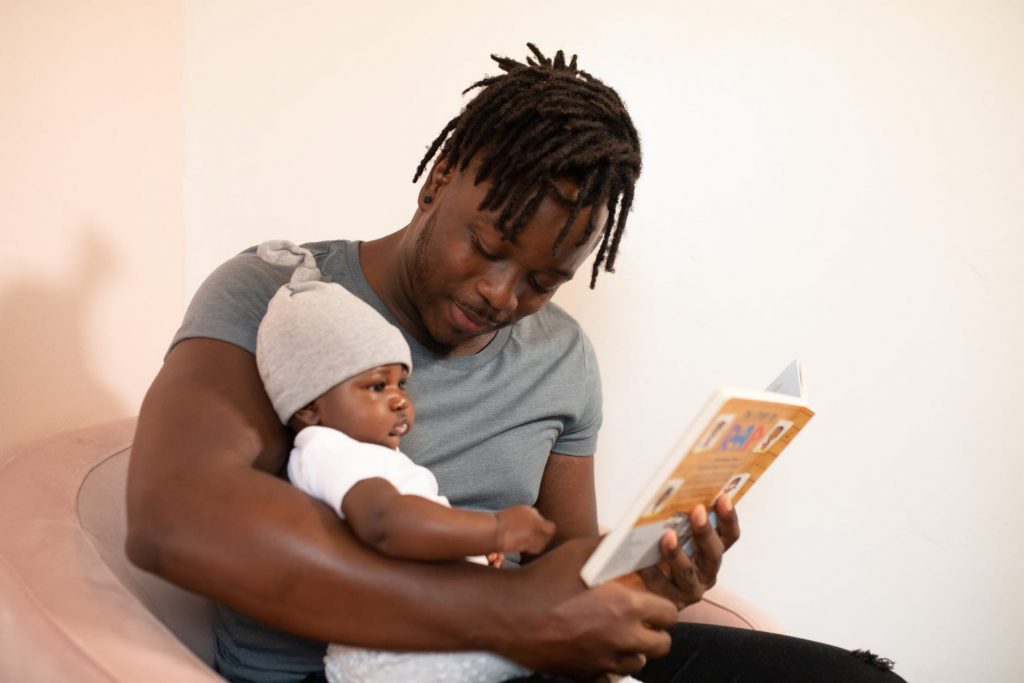
A language rich environment is one in which children are surrounded by talking, singing, and reading and have many opportunities throughout their day, across all activities, to communicate with others and engage in back-and-forth conversations. A rich language environment is important to children’s early learning, and can have strong effects on early language, vocabulary, reading, and math skills, as well as on children’s social-emotional development.
ColorinColorado – Help Your Child Learn to Read

There are lots of ways that you can help your children learn to read! From the time that they are babies to the time that they are in high school, there are many little steps you can take along the way — rhyming and singing songs, reading out loud, sounding out letters, going to the library, and reading books together in your home language.
Helping your children learn to read might also mean finding support if they are having difficulty, which can affect their future success. This site is filled with tips for what you can do at home, fun activities, suggestions for choosing books to share together, and ideas on how you can prepare your child for a lifetime and love of reading.
Help Your Child Learn to Read (includes resources in Spanish)
Some ideas you will find here.
Learning About Your Child’s Reading Development
Learning to read is difficult. While spoken language develops in most cases naturally, reading requires explicit, systematic instruction.
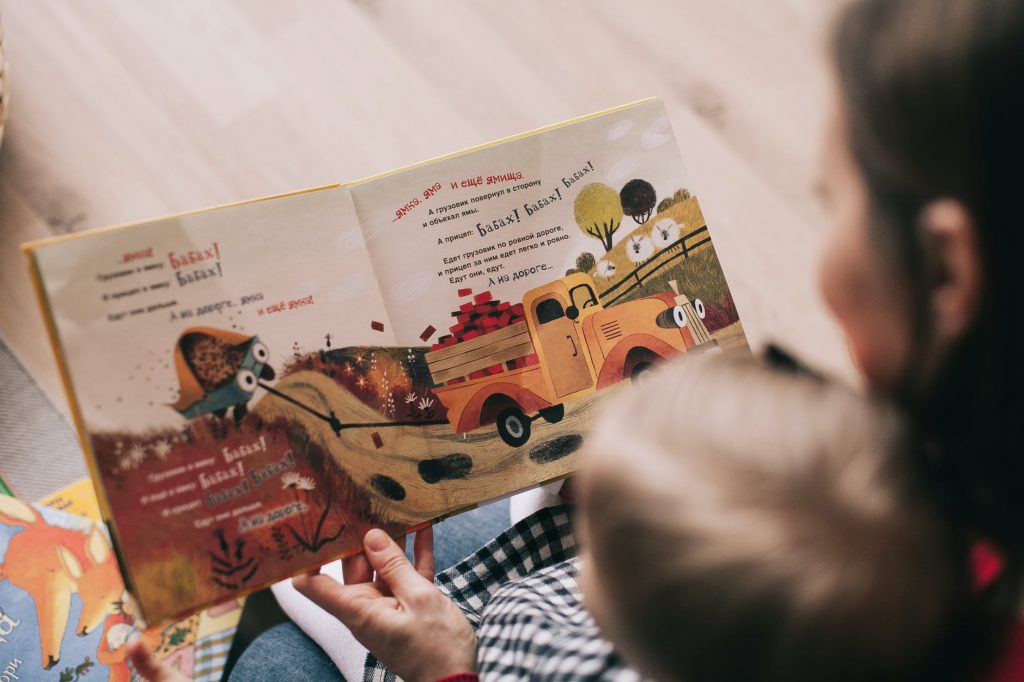
This page from The National Center on Improving Literacy, describes typical reading development from emergent through fluent reading. Sometimes we have concerns. This article offers a quick overview of the skills to look for and what to do if the child in your life seems to not be acquiring the skills.
Development of Phonological Skills

Basic listening skills and “word awareness” are critical precursors to phonological awareness. Learn the milestones for acquiring phonological skills. This page helps parents to understand the importance of developmental phonological skills through easy to understand definitions. There is also a table which notes the age where 80 to 90 percent of typical students have achieved each phonological skill.
Parent Guide to Helping Your Child Learn to Read for Preschool through Grade Three
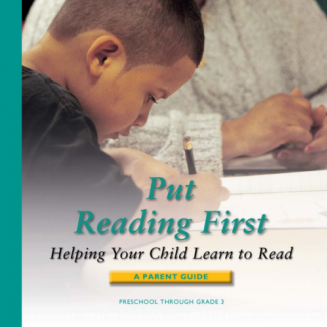
Success in school starts with reading. When children become good readers in the early grades, they are more likely to become better learners throughout their school years and beyond. Learning to read is hard work for children.
Defining Dyslexia
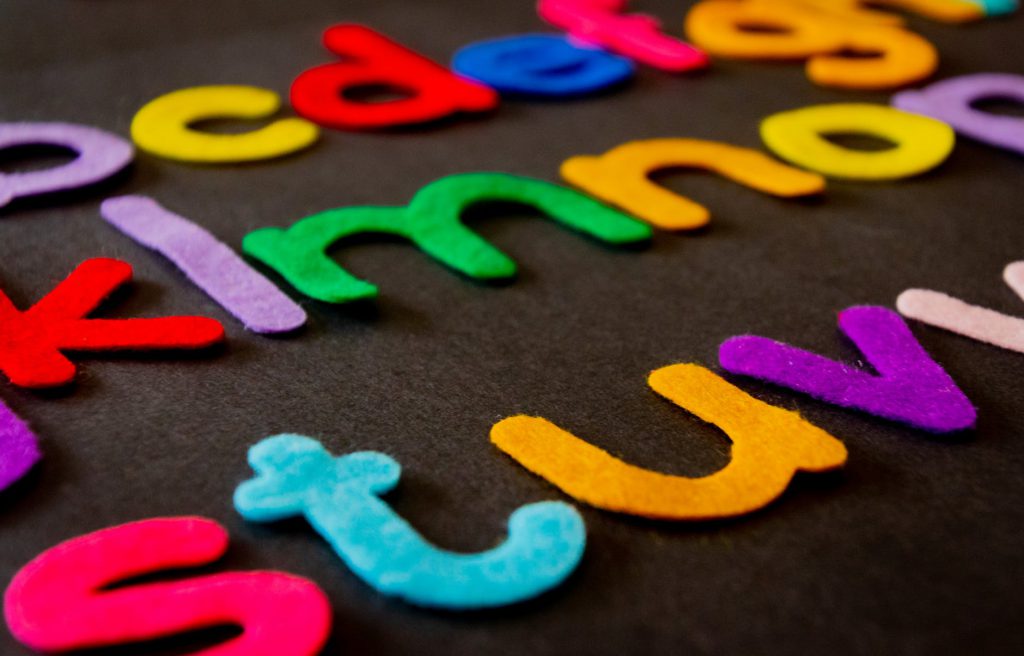
Dyslexia is a brain-based learning disability that specifically impairs a person’s ability to read. For individuals with dyslexia, specific portions of the brain typically associated with important reading processes may not function in the same ways that they do in individuals without dyslexia. Individuals with dyslexia often have difficulty with phonological processing, spelling, or rapid visual-verbal responding. Importantly, dyslexia is related to reading difficulties, not difficulties that arise from intellectual functioning.
- Defining Dyslexia
Dyslexia affects about one in every five individuals, making it the most commonly diagnosed learning disability. Dyslexia affects the brain areas associated with detection and processing of sounds and their corresponding letters. These letter-sound linkages are fundamental to reading. When these brain regions do not function efficiently to make these connections, reading development is affected.
Family and Community Toolbox
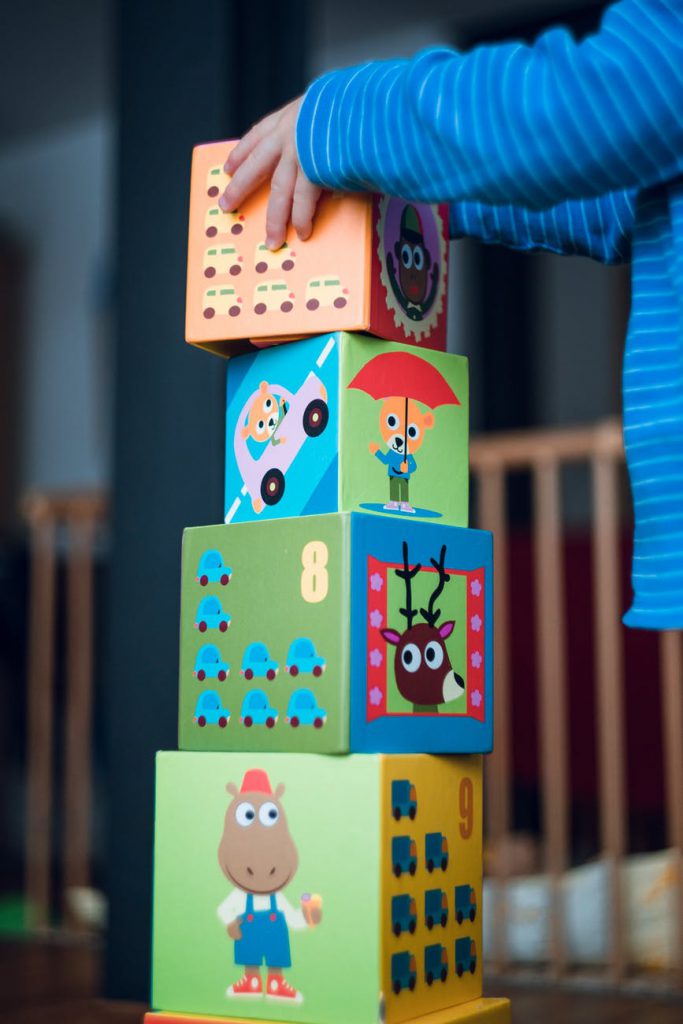
The purpose of the Family and Community Toolbox is to provide resources in order to build upon the natural learning opportunities that occur within a child’s daily routine in the home and community. The resources contained in this toolbox provide encouragement to families and caregivers in supporting the early language and literacy development of children in their care.
Family and Community Toolbox
Talking is Teaching
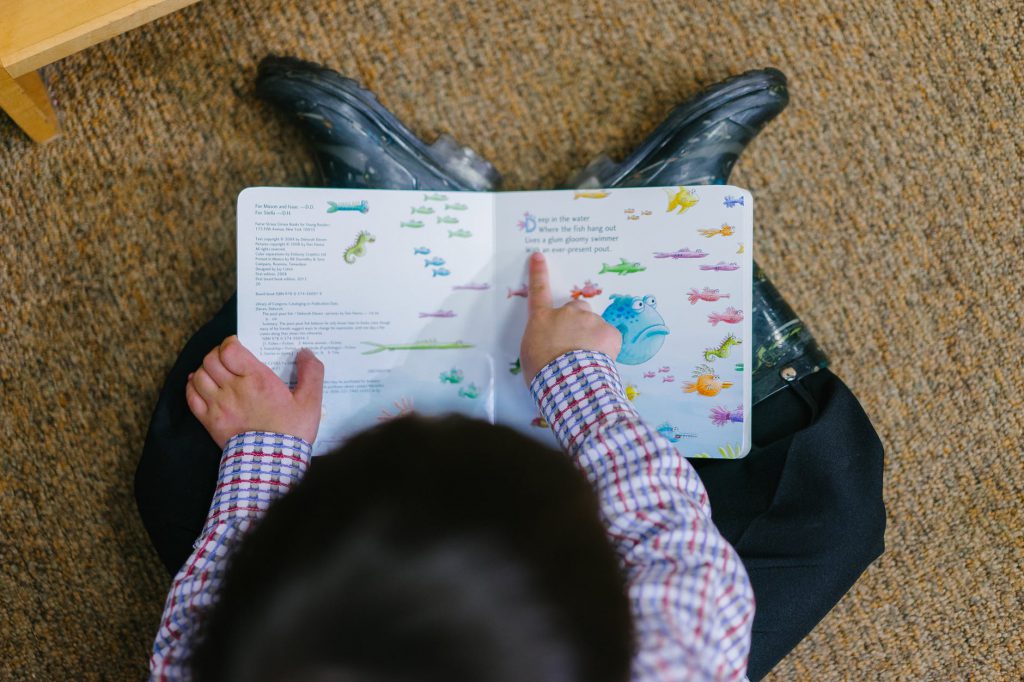
These resources are for parents and caregivers—including book recommendations, posters, parent tip sheets, social media posts, and more—all designed to build children’s early brain and language development through talking, reading, and singing.
Ohio Department of Education- Parents

Active, involved parents are an essential resource for Ohio’s schools in making the most of every child’s educational experience, from pre-kindergarten all the way through high school. This page has information you can use to help guide your child’s education.
My Child is in…Preschool, Kindergarten, Elementary School, etc.

